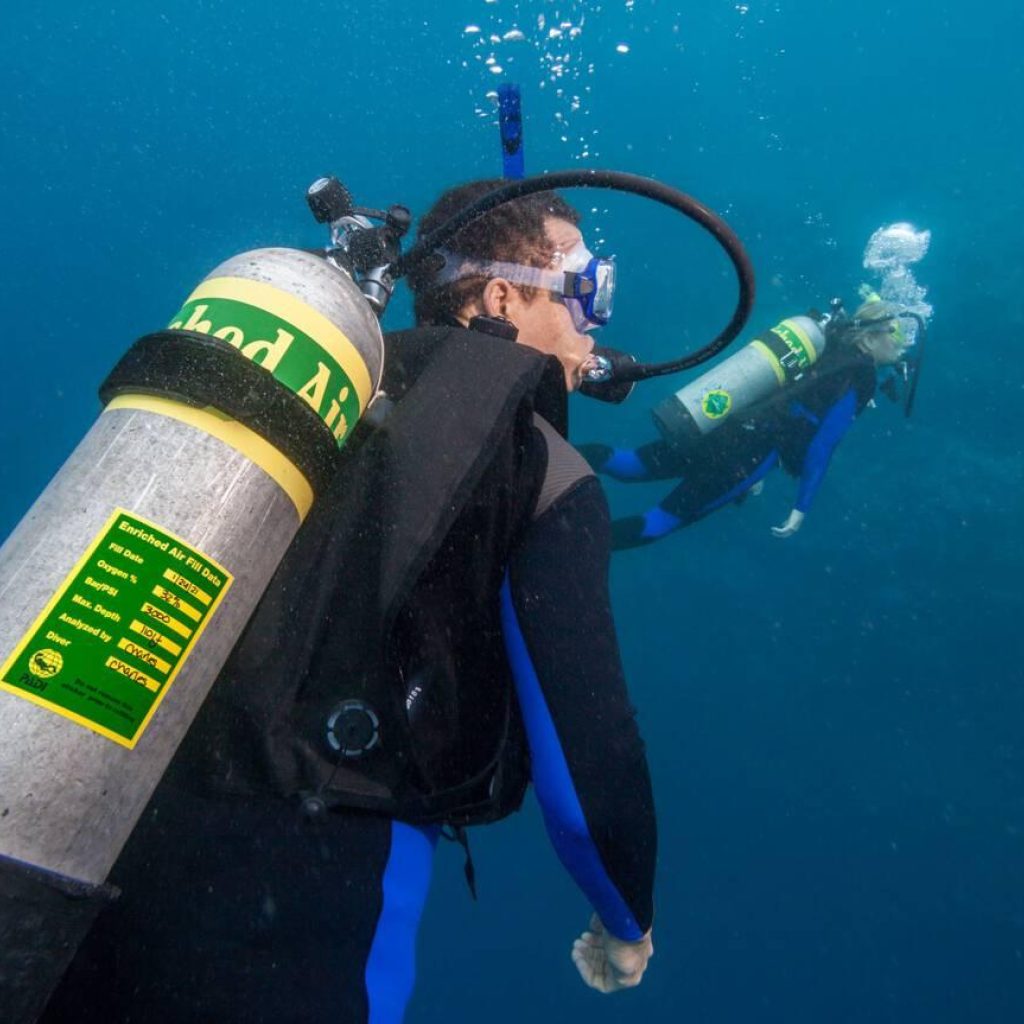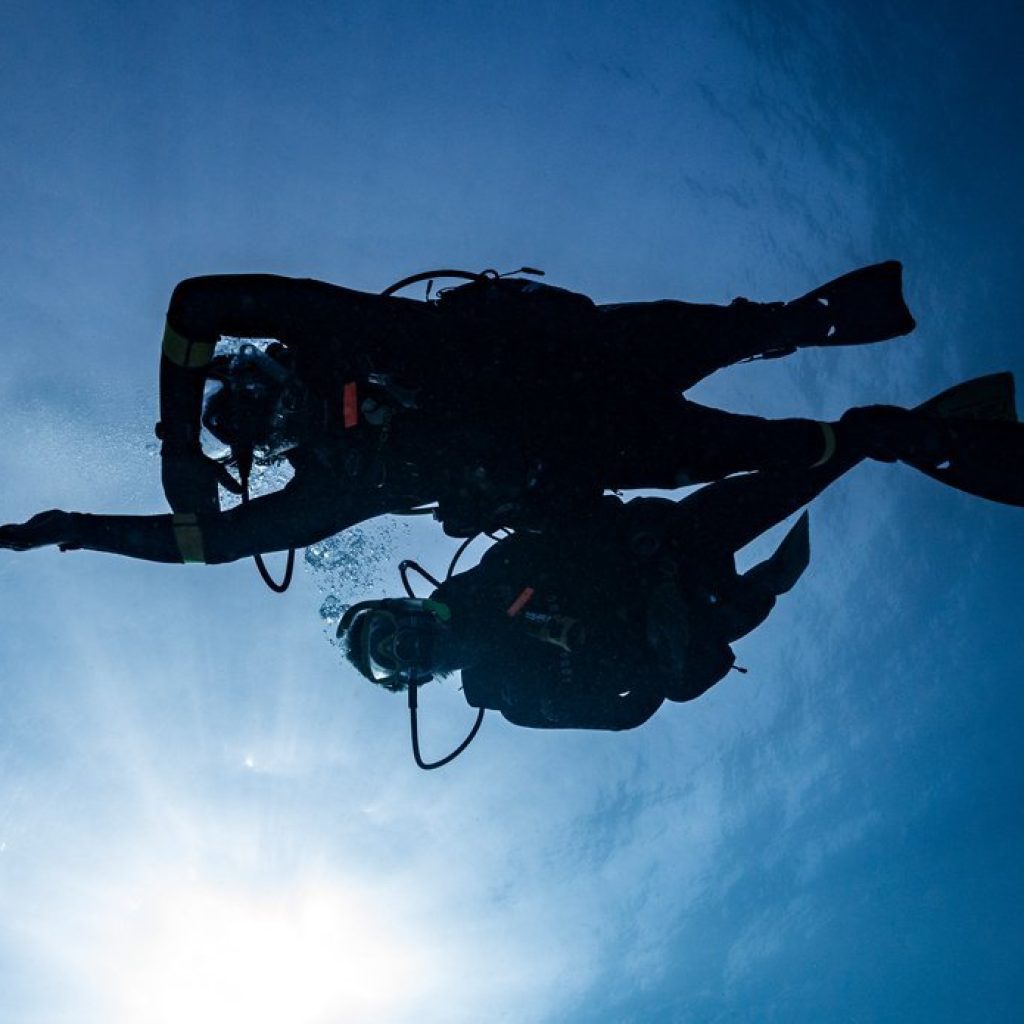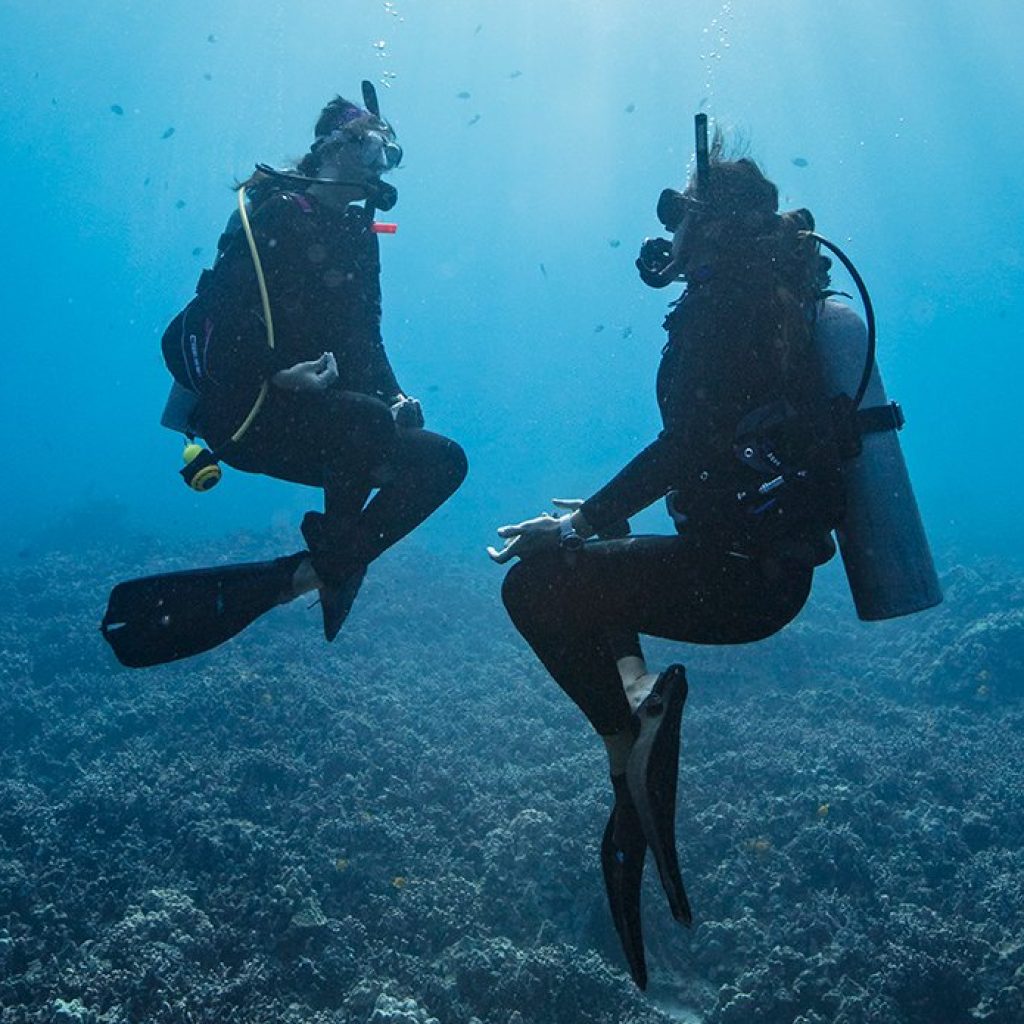Something has fallen from the boat or somebody lost a thing in the water. Imagine that you know how to find and recover things underwater! Well with the PADI Search and Recovery Course you will learn the techniques to find and retrieve object from the water. It is a fun and challenging course that will also improve your navigation skills.
Who can enroll to the PADI Search and Recovery Course? Easy, any certified PADI Advanced Open Water Diver having reached the minimum age of 12 years. Or any certified PADI Open Water Diver with in addition a PADI Underwater Navigation certificate are also qualified.
It takes 2 to 3 days to complete this course and it consists of a theory session and 4 open water dives.

























